The University of Messina with ENEA and the Polytechnics of Turin and Milan and the Universities of Pisa, Padua, Perugia, Camerino and Campania have set up the Fabre Consortium, which will field the most qualified experts and the most advanced technologies to monitor and assess the state of health of our country’s road infrastructures and to promote and coordinate activities concerning the classification of structural and environmental risk. In particular, the prof. Eugenio Guglielmino, professor of the Unime Engineering Department and the delegates of the other institutions involved will evaluate the various risks (static, foundational, seismic and hydrogeological) and will promote the verification, control and monitoring of the infrastructures, as well as the development and use of innovative in the repair and improvement of bridges, viaducts and other existing structures.
Satisfaction was expressed by the Rector of the University of Messina, prof. Salvatore Cuzzocrea: “We are proud to be able to put our skills at the service of the country in a job that is as demanding as it is qualifying. With great conviction, the Governance of our University is carrying out every useful initiative to confirm that our Academic Community is present at national and international level in prestigious projects and above all useful for improving living conditions. Our attention is maximum and I am sure that also on this occasion the University of Messina will be able to deploy the best energies where the best energies and qualified experts are needed“.
“The name Fabre – explains Paolo Clemente, Enea research manager – indicates that the question of safety must be tackled ingeniously, both in the design phase of the new structures, for which we have all the knowledge and tools to operate well, and in the evaluation and in monitoring existing ones with advanced technological systems. In this way we will be able to identify the state of health of the road works and, where possible, intervene before any damage reaches a degree of seriousness such as to make restoration very expensive or even impossible. Like people, infrastructures also need scheduled check-ups, especially if we take into account that a large part of the Italian road heritage is over 50 years old. The Fabre consortium will be able to coordinate and make the most of the skills present in Italian universities and research centers and transfer the results of scientific and technological research to the public and private bodies that manage these infrastructures and to the professional communities, with the primary objective of prevention”.
Link to the press release
Source: University of Messina
